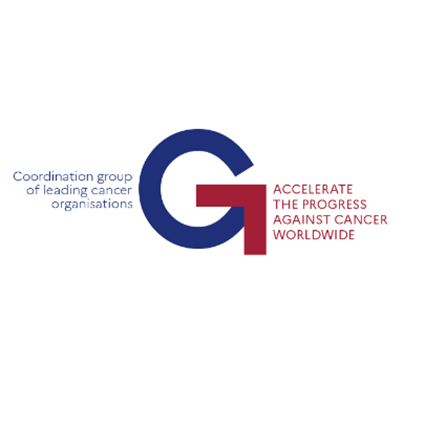G7 Cancer : uniting our efforts in the global fight against cancer
Updated on
The G7 Cancer is an international coordination group that brings together the most advanced countries in the fight against cancer. To cope with this major issue, the G7 Cancer partners believe that a strong international cooperation to coordinate their actions is a catalyst for supplementing and strengthening existing initiatives and accelerating the progress to defeat cancer.
At the initiative of the French National Cancer Institute, G7 Cancer officially launched on May 9, 2023, bringing together the organizations at the forefront of the fight against cancer :
- Australia - Cancer Australia
- Canada - Canadian Institute of Health Research (CIHR)
- France - National Cancer Institute (INCa)
- Germany - German Cancer Research Center (DKFZ)
- Japan - National Cancer Center (NCC)
- United Kingdom - Cancer Research UK (CRUK)
- United States - Department of Health and Human Services, National Cancer Institute (NCI)
- IARC - International Agency for Research on Cancer
International cooperation offers key opportunities to improve knowledge of cancer mechanisms, accelerate the transfer of scientific discoveries and their clinical application, and stimulate innovation on an international scale. G7 Cancer’s initiatives will aim to facilitate discussions on these key issues by creating a learning environment, sharing, and developing successful initiatives.
With these joint commitments and actions taken today, and by working all together with partners, G7 Cancer aims at making progress towards beating cancer.
The six principles of G7 Cancer
- The G7 Cancer members act as representatives of their organization, which can be of different types (governmental, non-governmental, international).
- G7 Cancer is open to other organizations and membership granted based on the mutual consent of Participant organizations.
- G7 Cancer deals primarily with complex topics needing international cooperation and especially with blind spots.
- The secretariat and presidency will be established on a rotating basis.
- Activities will be financed on a program-by-program basis.
- G7 Cancer builds on what already exists, particularly on the strategies and programs of the Participant organizations.
The G7 Cancer priorities
The priorities for the G7 Cancer for the next years are:
- International data strategy, focused on paediatric cancers as a model.
- Poor prognosis cancers (pancreatic/oesophagus/stomach and liver cancers).
- Cancer outcome inequities.
- Prevention (precancers, screening programs, multi-cancer early detection).
In order to act on these priorities, the following actions have been proposed:
- International conference on data strategy for paediatric cancers.
- International dialogue on pancreatic, liver, esophagus, and stomach cancers.
- Working group on cancer outcome inequities.
- Working group on prevention and precancer.
Four working groups were gradually set up in order to address these different priorities. Within the framework of the first working group, a Conference for an International Childhood Cancer Data Partnership was organized in Paris on November 7 and 8, 2023. It addressed complex challenges linked to research on pediatric cancer and data sharing. The French National Cancer Institute and the US National Cancer Institute (NCI) have jointly published the report of this conference.
The G7 Cancer actions are composed of three pillars, each with its own objective:
- The forum, to maximise cooperation on best practices and information sharing;
- The factory, to support, develop and implement international cooperation programs;
- The advocacy, to strengthen international engagement by empowering advocacy efforts.


